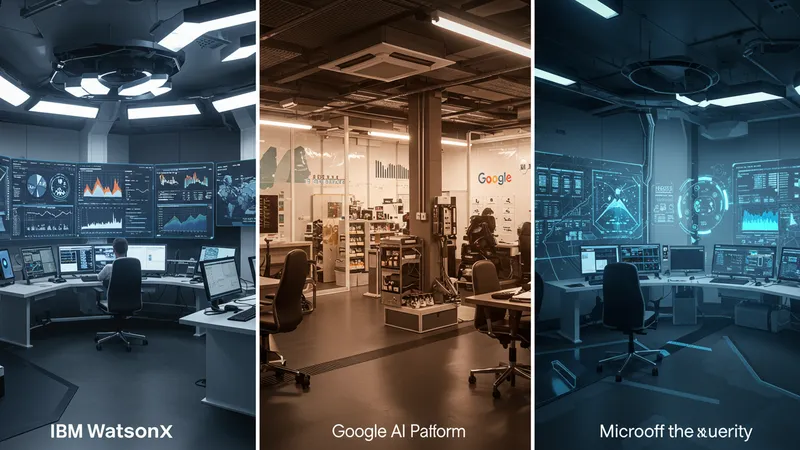
AI-Driven Software: Transforming Business Operations With Intelligent Solutions
Comparing Leading AI-Driven Platforms in Real-World Scenarios
When evaluating IBM watsonx, Google Cloud AI Platform, and Microsoft Azure AI, it’s essential to understand how each addresses core business challenges. IBM watsonx is frequently chosen for industries like healthcare and finance, thanks to its advanced natural language processing and tight security protocols. It excels at automating unstructured data analysis, turning customer notes or policy documents into actionable insights.

Google Cloud AI Platform is favored for its data science flexibility and seamless integration with large pools of structured and unstructured data. Retailers appreciate its robust forecasting models, which help optimize inventory and personalize marketing. Its modular pricing structure allows experimentation without significant upfront investment, appealing to growing businesses testing AI capabilities.
Microsoft Azure AI distinguishes itself through strong integration with the broader Microsoft ecosystem, making it a solid choice for enterprises already reliant on Microsoft applications. Its pre-built business process automation tools offer rapid deployment for HR, finance, and supply chain teams, accelerating time-to-value for organizations entering the AI space.
All three platforms demonstrate scalable intelligence but may suit distinct operational needs or IT architectures. Key considerations include compatibility with existing systems, required skill sets for administrators, and long-term cost predictability. Careful alignment between business objectives and software capabilities ensures the greatest ROI.